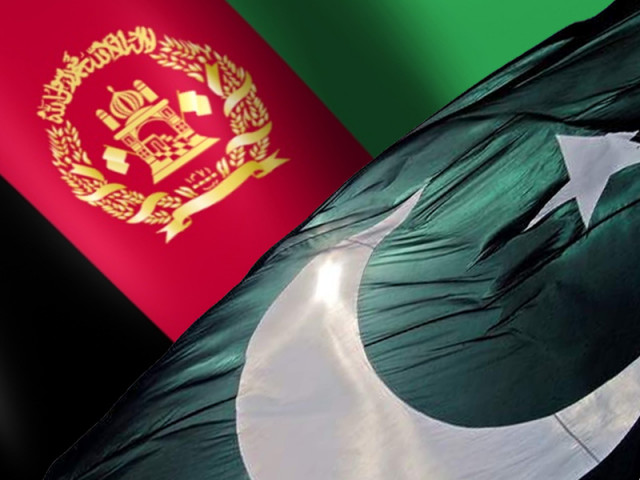Transit trade: Pakistan’s perishable goods export to Central Asia to get a boost
Kabul agrees to remove requirement of financial guarantee from exporters.

Kabul agrees to remove requirement of financial guarantee from exporters. PHOTO: FILE
Accepting a longstanding demand by Pakistani exporters, Afghanistan has assured Pakistan that it will soon stop collecting financial security from Pakistani exporters crossing Afghanistan to reach Central Asian markets.
Pakistani exporters say that the development will increase Pakistani exports to Central Asia, especially exports of dry fruits, vegetables and fresh fruits owing to low duty structure on such items.
Pakistan and Afghanistan agreed in September 2011 that both sides will waive the condition of financial security for export of Afghan cargo transiting through Pakistani territory and exports of Pakistan to Commonwealth of Independent States (CIS countries) through Afghanistan.
Pakistan had implemented the said waiver with effect from 14th September 2011 but the Afghan side was still charging a guarantee fee of 110% (according to the duty slab on products) from Pakistani exporters.

“We were demanding this facility for over two years. But we still welcome this development as it will immediately increase Pakistani exports to Central Asia which is a big development,” said Daru Khan, Former Chairman of Chaman Chamber of Commerce and Industry.
According to Khan, this development will increase the exports of kinnow, potato and other perishable items to Central Asia.
The Afghan government has recently launched a new transit system at the Torkham border, under which Afghan officials act to facilitate formal trade between the two countries. The Afghan government has stopped collecting guarantee fee from exporters at the Torkham border and has assured Pakistan that it is going to stop collecting guarantee at the Chaman border as well from the outgoing week.
Pakistani exporters say that the Afghan government deducts up to 25% of the security fee that it takes from Pakistani trucks using Afghan territory to reach Central Asian markets. Moreover, the Afghan authorities also charge $100 per truck or container, which discourages Pakistani exports to Central Asia.
However, Pakistani exporters hope that the situation is going to improve considerably in the coming months. To help Afghanistan economically, Canada has recently installed state of the art online system at all major Afghan borders after which Afghanistan can record all the vehicular traffic coming in and going out of the country.
In 2010, Pakistan and Afghanistan signed the Afghanistan-Pakistan Transit Trade Agreement, replacing Afghan Transit Trade agreement, to increase bilateral trade. The two countries expect to increase bilateral trade to $5 billion by 2015.
Pakistan and Afghanistan recently shared each other’s concerns in the recently held 4th annual meeting of Afghanistan-Pakistan Transit Trade Coordination Authority in the second week of this month in Kabul.
According to estimates by the Pakistani government, the size of annual smuggling at the Pakistan-Afghan border is over $2.5 billion, this is badly hurting legal trade. The private sectors of both countries want to push their governments to remove trade barriers to discourage rampant smuggling at across the border.
Leading businesspersons of Pakistan and Afghanistan, who are active in bringing Pakistan and Afghanistan closer, say that an improvement in formal trade is necessary in reducing smuggling at the Pakitan-Afghan border and creating new jobs in both countries especially in war-torn Afghanistan.
Although Pakistan and Afghanistan has done much in last three years to ease trade barriers, leading businesspersons say that the progress is still very slow, largely because of political tensions.
Published in The Express Tribune, October 20th, 2013.
Like Business on Facebook, follow @TribuneBiz on Twitter to stay informed and join in the conversation.



















COMMENTS
Comments are moderated and generally will be posted if they are on-topic and not abusive.
For more information, please see our Comments FAQ